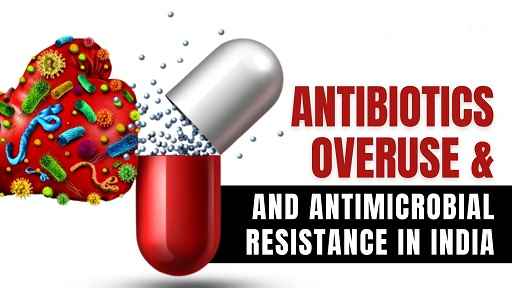From 1 July, a new amendment in Food Safety and Standards Act will come into effect which mandates the Total Polarized Compound (TPC) value in edible oil must be less than 25% to ensure the health of the citizens.
Let’s understand more about TPC and how its value greater than 25 in edible oil affects our health. To stop the reuse of edible oil, FSSAI added a new amendment to regulate the TPC value of the edible oils. We are using Soyabean oil, Palm oil, rice bran oil etc. in our daily routines to fry and cook a number of food items. The number of methods proved that the value of total polar compounds and an acid value in oils increased linearly with the frying time and the effect of food type on these parameters also matter.
The high value of TPC have adverse effects on human health as during frying the oil is to undergo hydrolysis, oxidation, and thermal reaction, and consequently, numerous byproducts such as free fatty acids, alcohols, cyclic compounds, dimers, and polymers can be produced. Higher TPC value causes increases trans fat content in oil, that is very harmful to the human body in the longer run.
The new amendment is made to help and ensure health & safety of the food prepared outside as well. FDCA, Gujarat had finished test campaign to check the present TPC value of oil across establishments in Ahmedabad. Test campaign results proved that the commercial establishments and eateries reusing the oil and had TPC value 40% and all of the samples collected had a TPC value greater than 25%.
Reuse of oil is not only an issue but adulteration is also found in the oils used by the establishments in Ahmedabad. Bhavin Solanki, medical officer of health, AMC said that they can’t penalize or take coercive action for those reusing oil, in absence of evidence. The new amendment will help better enforcement of quality and health security to the people. Authorities will gain the power to penalize eateries and establishments that are reusing edible oil.









